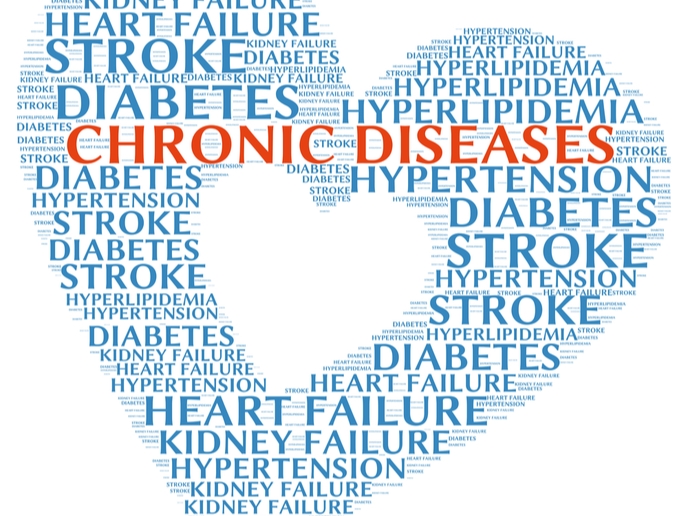Omics and ethics applied to chronic disease prevention
The average number of years of life lived with some disability in Europe is 19.4 for females and 17.7 for males. This situation brings a huge economic burden to EU healthcare systems (1.7 % of the GDP is spent on disability), thus challenging their sustainability and forcing health decision makers to identify new models of disease prevention and healthcare assistance. In fact, although prevention in healthcare can improve the quality of life at a very reasonable price by reducing the years of life spent with disability, only 2.8 % of health expenditure is actually targeted at prevention activities. “For these reasons, the PRECeDI(opens in new window) project has fostered collaboration on personalised medicine research and training with special emphasis on the prevention of chronic diseases,” explains Prof. Stefania Boccia, scientific coordinator of the project. The main goal was to cover an existing gap in the evidence-based use of the omics approach in the prevention of chronic diseases. By sharing knowledge, building synergies and expertise, exchange of best practice among top-level institutions was encouraged. Overcoming challenges and barriers to genome-based applications “We know that several genome-based applications have the potential for more effective prevention of chronic diseases. However, to ensure effective and efficient development, change in the organisation of healthcare systems is required,” outlines Prof. Boccia. PRECeDI covers the major aspects of the personalised medicine field for chronic diseases. These include identification and validation of biomarkers and the economic evaluation of genomic applications. Importantly, ethical, legal and policy issues surrounding personalised medicine and the sociotechnical analysis of the pros and cons of informing healthy individuals on their genome must be tackled. Lastly, the project identified organisational models for the provision of predictive genetic testing. PRECeDI recommendations One of the deliverables Prof. Boccia is most proud of is the production of a set of recommendations for policymakers, scientists and industry, based on PRECeDI results. These are available in the publication ‘How to integrate Personalized Medicine into Prevention? Recommendations from the Personalized pREvention of Chronic Diseases PRECeDI consortium’(opens in new window). For researchers working with non-academic institutions, the approach stimulated an open mindset and entrepreneurial skills. Just one notable example is Dr Di Marco from Sapienza University who was seconded for 7 months at Linkcare Health Services in Barcelona, Spain. His clinical decision support tool assists physicians in the screening of women potentially affected by BRCA mutations. The goal is to promote appropriate BRCA genetic counselling and testing, and to improve the identification of BRCA mutation carriers in the general population. Moreover, the SMEs involved had the opportunity to cooperate with new partners in a venture normally the domain of larger companies. Moving forward with a new research adventure With funding from the Marie Curie Research and Innovation Staff Exchange (RISE) under Horizon 2020, “a new research path will be followed,” says Prof. Boccia. The key issue for the new project, European network staff eXchange for integrAting precision health in the health Care sysTems, ExACT, is about precision health and health systems sustainability. “Precision health goes beyond the concept of personalised medicine, as it aims to maintain health and quality of life for as long as possible, by drawing on the new technological and data science tools to translate volumes of research and clinical data into information that citizens, patients and doctors can use,” she concludes.







